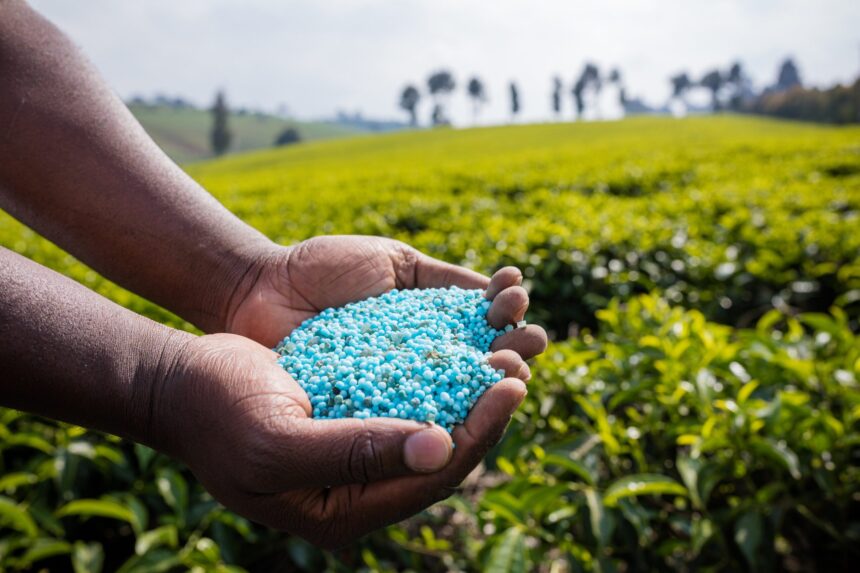The Africa Fertilizer Financing Mechanism (AFFM), managed by the African Development Bank (AfDB), will provide the African Fertilizer and Agribusiness Partnership (AFAP) in Tanzania a $2 million partial credit guarantee to assist suppliers and importers in purchasing fertilizer for Tanzanian hub agro-dealers. Additionally, a $528,600 grant will cover 94% of the project’s recurrent costs, with AFAP contributing the remaining 6%.
The project’s main goal is to increase productivity by ensuring smallholder farmers have timely access to and appropriate fertiliser use. It aims to enhance access to quality inputs by establishing a functional, efficient, and sustainable fertilizer supply chain in Tanzania and improving access to finance for large fertilizer distributors.
The project will be implemented from July 1, 2023, to July 31, 2026, and consists of three main components: (i) support for hub agro-dealers to access the credit guarantee facility, (ii) support to increase fertilizer availability, and (iii) project management and coordination.
In addition to the 14 regions where the previous credit guarantee project was implemented, AFAP will expand its activities to at least five additional regions: Ruvuma, Manyara, Rukwa, Kagera, and Mwanza. The project aims to increase agricultural productivity and food security in Tanzania, aligning with AfDB’s Feed Africa Strategy. The credit guarantee is expected to be used 15 times to enable the distribution of at least 60,000 tonnes of fertilizer worth $36.5 million.
The project targets five suppliers and 35 hub agro-dealers as direct beneficiaries, with 1,000 retailers benefiting indirectly and, ultimately, benefiting 550,000 smallholder farmers.
Agriculture accounts for 29% of Tanzania’s GDP and 65% of all employment, with a significant portion of the agricultural labour force being female (69.9%). The government’s 2020 census revealed that out of 12,007,839 households in Tanzania, 7,837,405 households (65.3%) were engaged in agricultural activity.
Although fertilizer consumption in Tanzania has shown an upward trend over the years, it remains below the continental target of 50 kg per hectare. Tanzania heavily relies on fertilizer imports. The current estimated fertilizer demand for 2022/2023 is 698,262 tonnes, with about 418,883 tonnes needing to be imported to cover the local production shortfall. The financing gap to meet the Abuja Declaration target of 50 kg/ha of nutrient consumption in Tanzania is approximately $150 million.
This project builds on the success of the Bank’s previous Tanzania Agricultural Inputs Support Project, implemented by AFAP between September 2019 and July 2022. The previous project helped the private sector fill the gap and facilitate the financing of additional fertiliser volumes, resulting in the distribution of nearly 63,000 tonnes of fertilizer worth $30 million by multiplying collateral by 15.


